Hajar (Peace be upon her) and the Miracle of Zamzam
Background
Hajar (pbuh) served as the second wife of Prophet Ibrahim (pbuh). For many years, he and his first wife, Sarah (pbuh), struggled with infertility while spreading Allah’s message across the land of Shaam (Greater Syria).
As Ibrahim (pbuh) and Sarah (pbuh) aged, they were blessed with a son named Prophet Ishaq (pbuh), a revelation delivered to Sarah (pbuh) by angels [The Noble Qur’an, 11:71]. Despite their anticipation, they were unaware of this future addition to their family. Sarah (pbuh) feared Ibrahim (pbuh) would not have children to carry on his legacy.
While residing in Egypt, Sarah (pbuh) proposed that Ibrahim (pbuh) marry her servant, Hajar (pbuh). This union led to the birth of Ibrahim’s (pbuh) first child, Prophet Ismail (pbuh).
“Who can be better in religion than one who submits his whole self to Allah, does good, and follows the way of Abraham the true in Faith? For Allah did take Abraham for a friend” [Quran 4:125]
The Prophet Muhammad (pbuh) conveyed, “When Allah intends goodness for someone, He subjects them to trials.”
Allah tests those whom He holds dear, exemplified by Ibrahim (pbuh), affectionately referred to as Khalil, or intimate friend of Allah. Ibrahim (pbuh) had already endured numerous trials: rejection by his father, persecution by his people, displacement, and the anguish of childlessness.
Now, Ibrahim (pbuh) faced yet another trial with his cherished and long-awaited child – and Hajar (pbuh) would share in this profound test.
Moving to the Desert
The tale of Ibrahim (pbuh) leaving Hajar (pbuh) in the desert is familiar, yet it never fails to evoke deep emotions upon each retelling. Their unwavering dedication to Allah’s will is truly remarkable.
As recounted in Tafsir Ibn Kathir, Ibrahim (pbuh) journeyed to Bakkah, now known as Makkah, the sacred site of the Ka’bah. During the time of the Prophet Muhammad (pbuh), Makkah thrived as the Quraish tribe, entrusted with the Ka’bah’s guardianship, flourished economically through seasonal trade caravans. However, when Ibrahim (pbuh) arrived with his wife and son, Makkah lay barren, devoid of settlement and water.
Ibrahim (pbuh) left them near the Ka’bah with a leather bag of dates and a small water-skin, then departed. Hajar (pbuh) pleaded with him, expressing concern for their isolation in the valley. Despite her repeated appeals, Ibrahim (pbuh) remained steadfast, confirming that Allah had commanded him to do so. In response, Hajar (pbuh) submitted unquestioningly to Allah’s decree, returning to her place beside the Ka’bah, trusting in Allah’s care.
It is truly awe-inspiring to contemplate Ibrahim’s (pbuh) resolve to depart and Hajar’s (pbuh) unwavering faith as she embraced Allah’s plan, confident that He would never forsake them.
What occurred after Ibrahim (as) departed from Hajar (as)?
Ismail’s mother nursed Ismail and drank from the water until the water-skin was empty, leaving her and her child thirsty. Seeing Ismail in agony from thirst, she could not bear to watch and moved away. She noticed that the nearest landmark was the mountain of As-Safa.”
She climbed As-Safa and surveyed the valley in hopes of spotting someone, but found no one. Descending from As-Safa, she ran frantically across the valley, distress evident in her demeanor. Upon reaching Al-Marwa mountain, she repeated her search but found no one.
Hajar (pbuh) traversed between Safa and Marwa seven times, scanning the desert for any signs of help. Despite the desolation of the desert, she maintained hope that Allah would provide assistance.
The maternal bond is one of Allah’s strongest creations. Hajar (pbuh) could scarcely bear to witness Ismail’s (pbuh) suffering from thirst, and the anguish she endured is beyond comprehension. Yet, her unwavering trust in Allah’s mercy sustained her through this ordeal.
Persistently, Hajar (pbuh) continued her journey between the two mountains, confident that her circumstances would change. This profound act of trust is commemorated annually during Hajj, a testament to her unwavering faith.
The Miracle of Zamzam
After completing seven circuits between Safa and Marwa, Hajar (pbuh) heard a voice while standing on Marwa. Upon asking for aid, she spotted Angel Jibril (pbuh) at the location of the Zamzam well, where water began to flow miraculously. Overwhelmed, she rushed to gather the water, fearing it might cease.
Angel Jibril (pbuh) reassured her, “Do not fear neglect, for this is the House of Allah, and He will never abandon His people.” Thus, Hajar (pbuh) was reminded of Allah’s provision, even in the most desolate of places.
the Zamzam well remains a source of sustenance for millions of pilgrims yearly, a testament to Hajar’s (pbuh) unwavering faith and Allah’s mercy. The Prophet Muhammad (pbuh) himself prayed for Hajar’s (pbuh) well-being, acknowledging her remarkable steadfastness.


